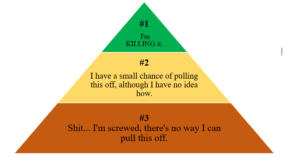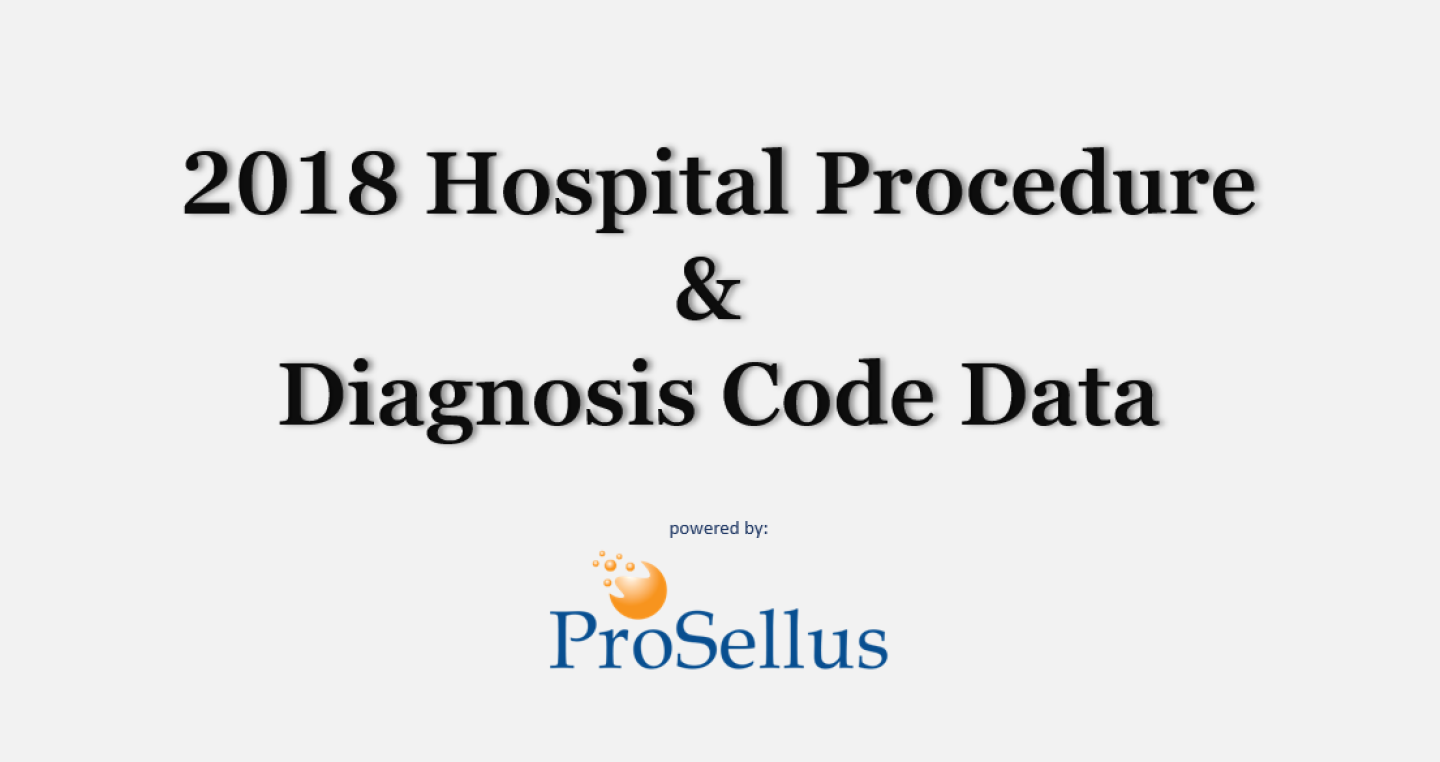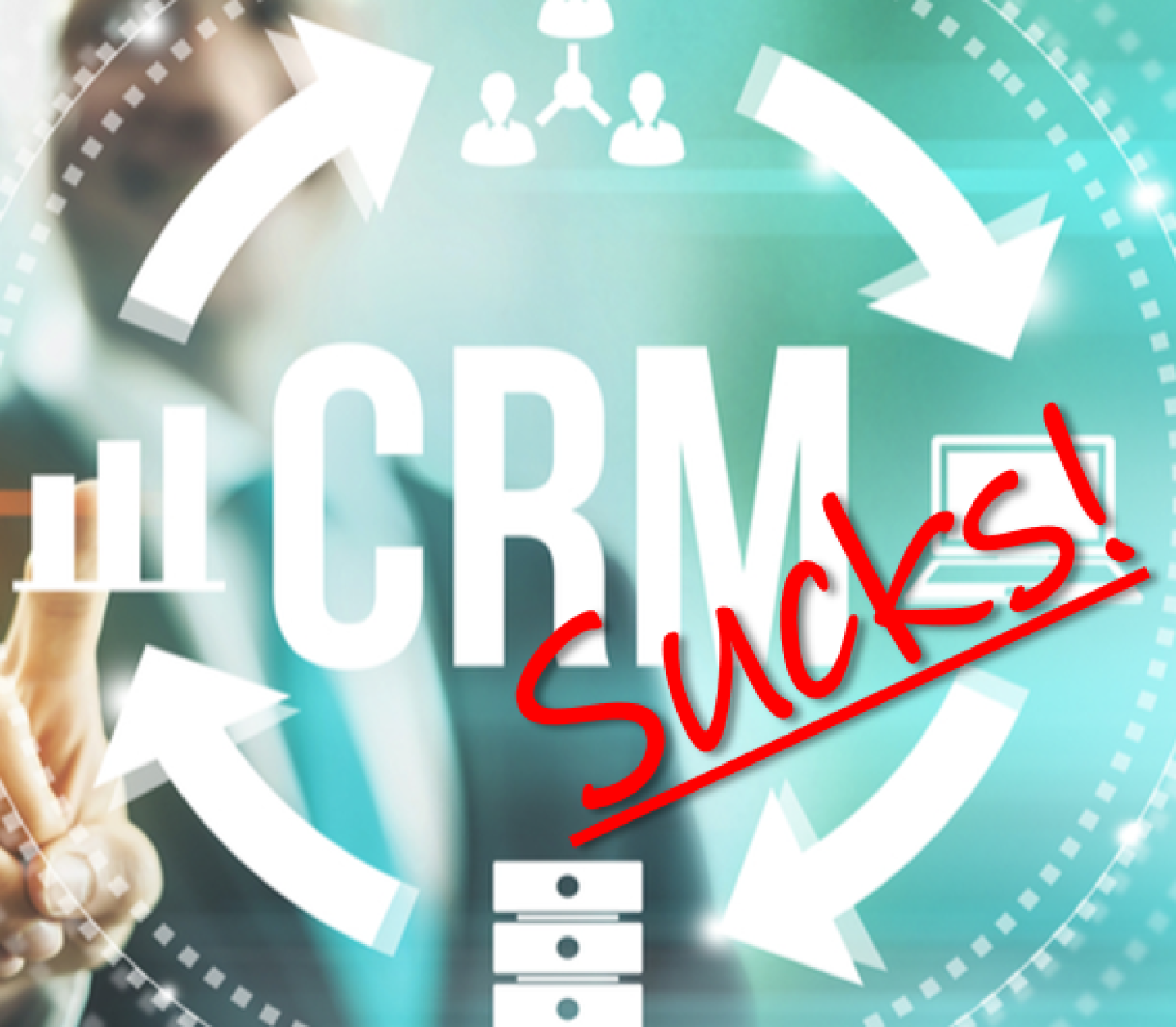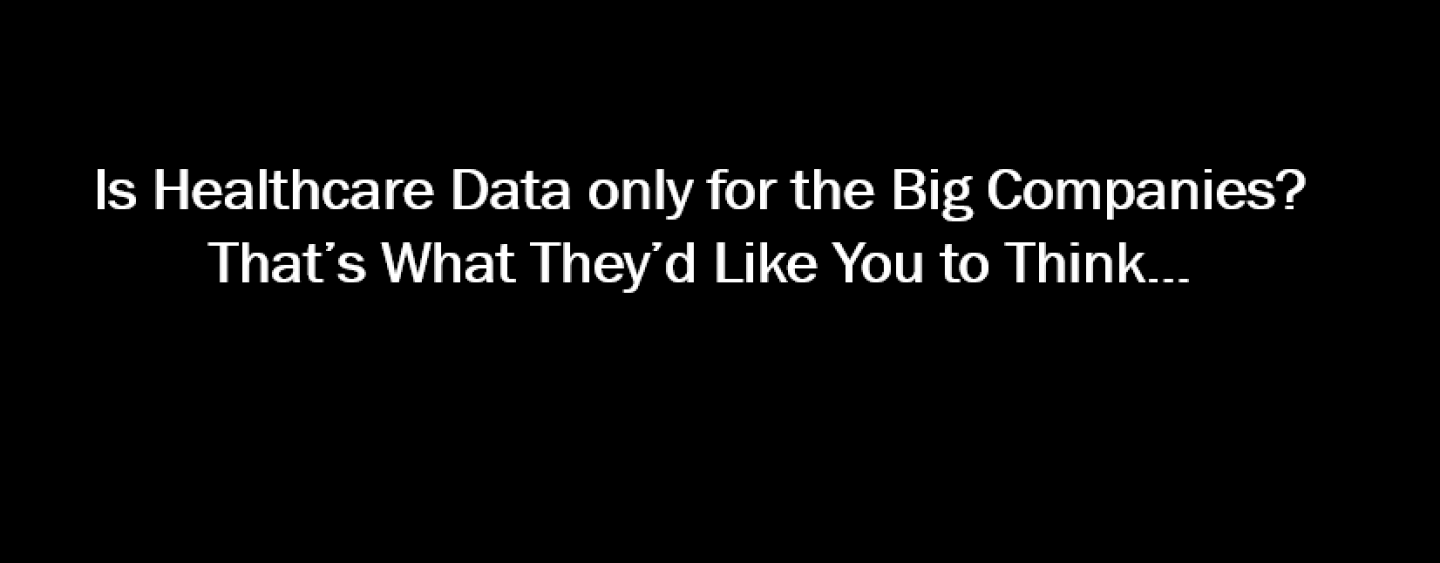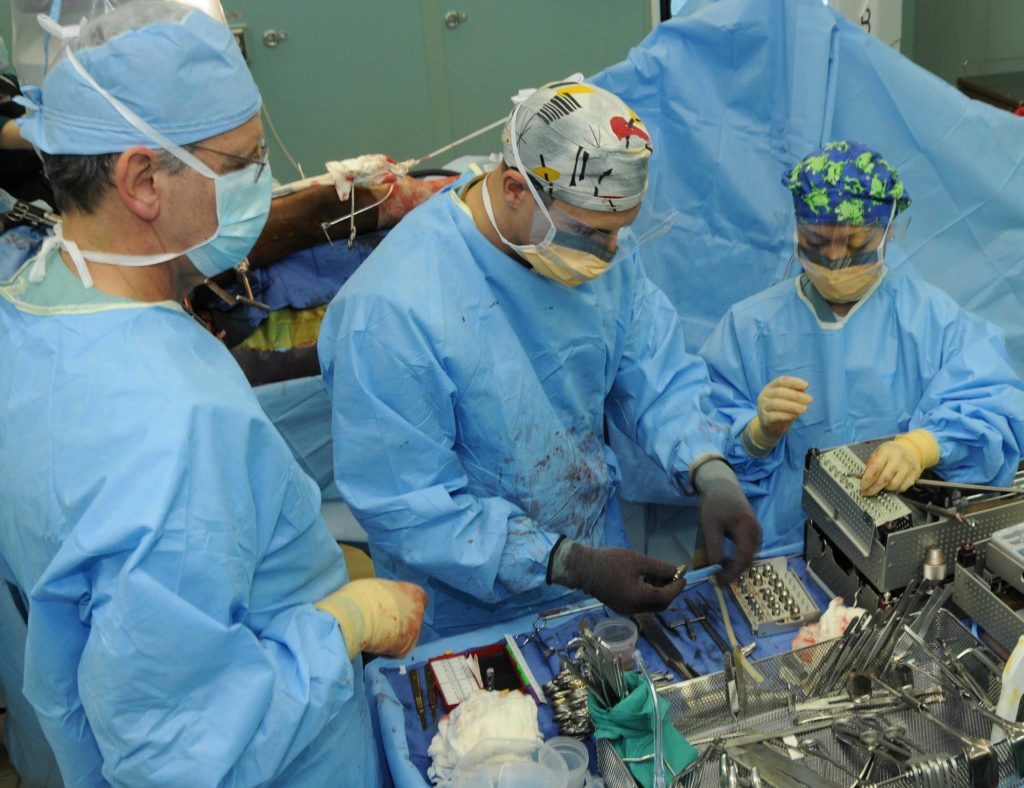
The last several months have no doubt turned your business on its head. If you work in the medical business in any capacity the world is a different place for you; and that’s not always a bad thing.
The stop of business during this global pandemic not only caused concerns none of us thought we’d ever imagine, but it also hit the reset button for everyone. Whether you’re a med device rep, physician, hospital administrator, etc, the business stopped and changed.
There are a lot of you who read the ProSellus blog who’ve “made it” in the med device business, but there’s also a lot or who are “trying to figure it out,” or “trying to make it,” and for the last two, COVID-19 could be the best thing that ever happened to your career. Doesn’t make sense? Keep reading…
Is the Relationship Good Enough?
There are a lot of field reps in the medical business who’ve been in their territories for a long time, and carry relationships with customers for just as long. This is a tough nut to crack when you’re a new rep. One of things that happens in the long-standing relationship is that people (reps and customers) get comfortable. Sometimes too comfortable.
In some instances, the rep believes there’s really nothing that can take their business away, and a lot of the time they’re right… until the world stops and flips on its head, which just happened.
The uncertainty that the pandemic has brought takes all the perceived beliefs about business relationships and tosses them out the window.
The physician with strong relationships with the rep doesn’t need the same things they once needed. They need different things, and while relationships are great, most of the time they (relationships) don’t put food on the table.

Your Opportunity
This is your opportunity to disrupt the market…
This is your opportunity to “reinvent” yourself and your business…
This is your chance to either solidify your customer relationship or lose it…
What are you going to do?
One of the Most Important Things your Physician Customer Needs Now: Revenue
When the global pandemic reached the point that non-emergency physician clinics were basically shut down patients simply just stopped showing up. They were afraid to go to their appointments, the physician staff was afraid to go to work and your company probably told you to stay at home as well!
Everything stopped. Until now.
Most physicians are back at work filling their schedule as best they know how. Some have rebounded quite nicely, while others are struggling.
Maybe 6-9 months ago you were the rep without the relationship doing anything you could to get the physicians attention. Maybe you weren’t having much luck either…
Now is the time to try something different.
As I mentioned before the common thing we hear from physicians right now is that they need to get their revenue back to pre-COVID levels and then make up the revenue that has been lost over the past months.

Help them plant new seeds!
If you want a seat at the table, it’s time to earn the relationship you’ve tried for so long to create. Help your customer meet new physicians in your market that can help them with referring patients. There are some practices that couldn’t weather this storm. What if one of those practices was a major referral source for your customer? Your customer needs to replace that referral source!
Finding which physicians to refer to your customer can be a daunting task. You can blindly knock on doors or your can use advanced software tools like ProSellus to show you who sees the right patients.
A tool like ProSellus will literally tell you which physicians see the most patients that your customer is looking for. It will even show you who that physician currently refers to!
It’s time you reinvent yourself as a rep or solidify those long-standing relationships, or I promise you someone hungrier than you will take them for themselves!
Check out ProSellus at blog.prosellus.com to learn more about how this tool can help reinvent your business!



